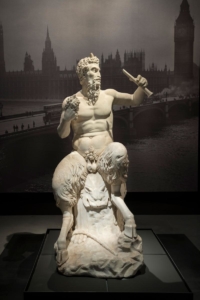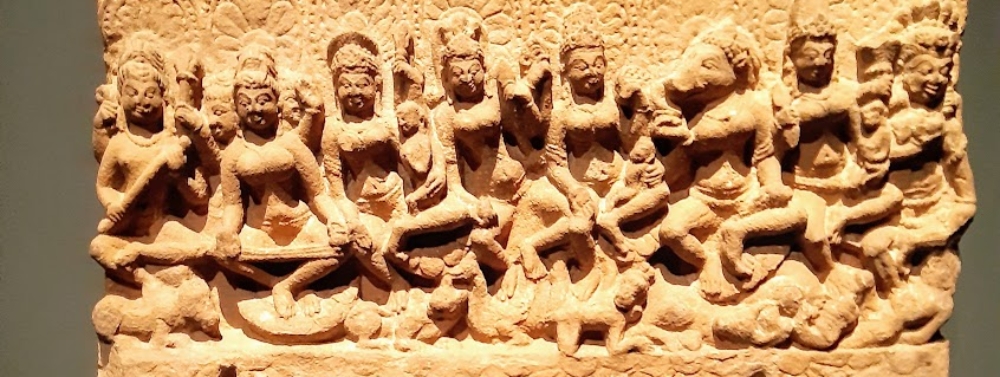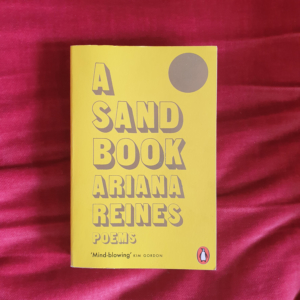
Thrill with lovely lust of the light,
O man! My man!
Come charging out of the night Of Pan!
Io Pan! Io Pan!
Io Pan! Come over the sea
From Shambala and paradise!
Roaming like Bacchus, with his guards
Companion females and males all hard
On a milk-white ass, come over the sea
To me, to me! Come with priestess in bridal dress
(Shepherdess and pythoness)
Come with Artemis, who in wildwood trod,
And wash your white thigh, beautiful god,
In the moon of the woods, on the lotus press,
The golden tongue my jewel to bless!
Dip the purple of passionate prayer
In the crimson shrine, lusty & bare,
Your soul that startles with eyes of blue
As we watch your ecstasy seeping through
The tangled thicket, the ancient grove
Of the living tree that is spirit and soul
And body and brain — come over the sea,
Io Pan! Io Pan!
Devil or god, to me, to me,
My man! my man!
Come with trumpets sounding shrill
Over the hill!
Come with drums low thundering
From the spring!
Come with flute and come with pipe!
Am I not ripe?
I, who wait and tremble and wrestle
With breathe that has no way to settle
My body, weary of empty embrace,
Strong as a lion and smooth as a snake —
Come, O come!
I am numb
With the lonely lust of devildom.
Thrust the sword through iron fetters,
All-devourer, all-begetter;
Give me the sign of the Open Eye,
And the token aroused of horny thigh,
And the word of madness and mystery,
O Pan! Io Pan!
Io Pan! Io Pan Pan! Pan Pan! Pan,
I am one love
Do as you will, as a great god can,
O Pan! Io Pan!
Io Pan! Io Pan Pan! I am awake
In the grip of the snake.
The eagle slashes with beak and claw;
The gods withdraw:
The great beasts come.
Io Pan! I am borne
To come on the horn
Of the Unicorn.
I am Pan! Io Pan! Io Pan Pan! Pan!
I am your mate, I am your one,
Goat of your flock, I am gold, I am god,
Flesh to your bone, flower to your rod.
With hoofs of steel, I race on the rocks
Through solstice sunrise to equinox.
And I rave, and I howl and I rip and I rend
Everlasting, world without end,
Maenad, Mystoi, Woman, Man,
In the might of Pan.
Io Pan! Io Pan Pan! Pan! Io Pan!
(found after AC)


